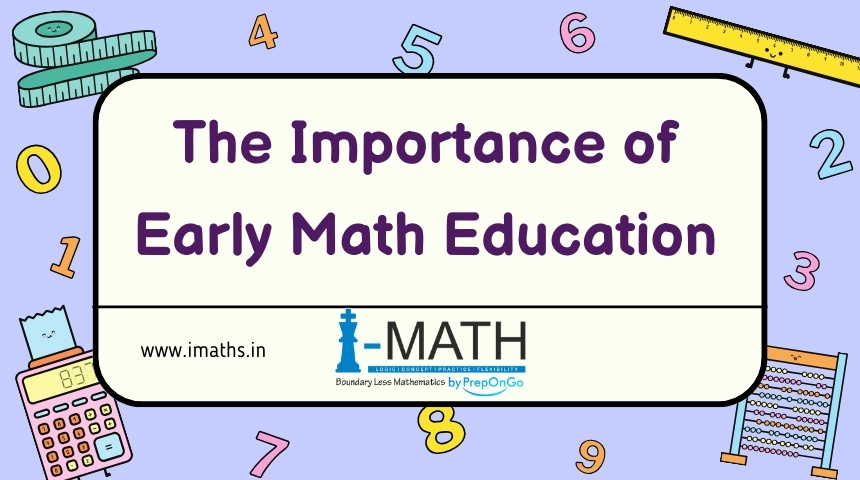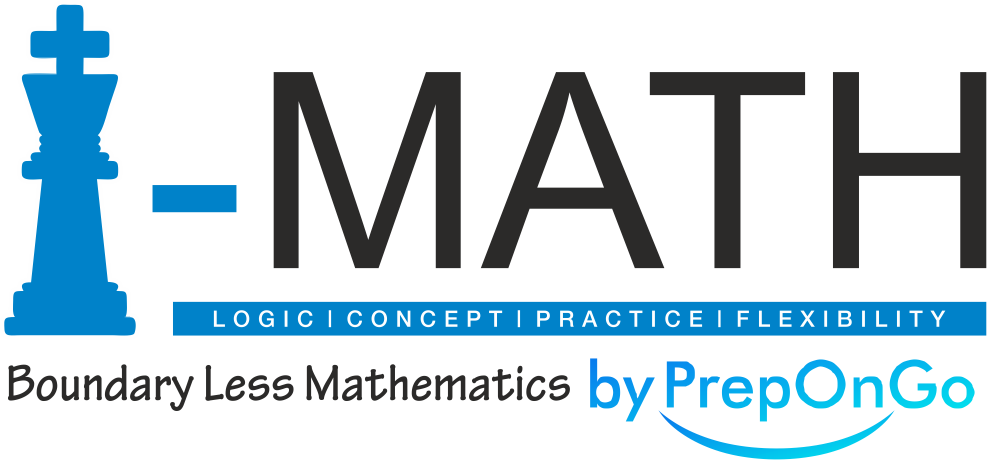The Importance of Early Math Education

Early math education plays a crucial role in a child’s overall development and future academic success. Introducing mathematical concepts at a young age sets the foundation for critical thinking, problem-solving skills, and a positive attitude towards learning. In this blog, we will explore the importance of early math education and how it can benefit children in numerous ways.
1. Building a Strong Foundation
Focus Keyword: The Importance of Early Math Education
Introducing math concepts early helps children build a strong foundation for future learning. Basic skills like counting, recognizing numbers, and understanding shapes and patterns are fundamental to more complex mathematical concepts.
- Numerical Fluency: Early math education helps children become comfortable with numbers, making it easier for them to grasp addition, subtraction, and other operations later on.
- Pattern Recognition: Recognizing and understanding patterns is a key aspect of early math education. It lays the groundwork for algebraic thinking and problem-solving skills.
- Spatial Awareness: Learning about shapes and their properties helps children develop spatial awareness, which is essential for geometry and everyday tasks.
2. Enhancing Cognitive Development
Early exposure to math stimulates cognitive development in young children. Engaging with numbers and problem-solving activities strengthens their brains and enhances their ability to think logically.
- Problem-Solving Skills: Math encourages children to approach problems systematically, think critically, and develop solutions.
- Memory and Concentration: Working with numbers and solving math problems improves memory retention and the ability to concentrate for extended periods.
- Logical Reasoning: Math education helps children develop logical reasoning, enabling them to make sense of the world around them and understand cause-and-effect relationships.
3. Promoting Positive Attitudes Towards Learning
When children are introduced to math in a fun and engaging way, they are more likely to develop a positive attitude towards the subject. This positive attitude can extend to other areas of learning and contribute to overall academic success.
- Confidence Building: Successfully solving math problems boosts a child’s confidence and encourages them to take on new challenges.
- Love for Learning: Early math education, when presented in an enjoyable manner, fosters a love for learning that can last a lifetime.
- Resilience and Perseverance: Facing and overcoming mathematical challenges teaches children resilience and the importance of perseverance.
4. Preparing for Future Academic Success
A strong foundation in early math education is linked to future academic achievement. Children who grasp math concepts early are better prepared for the challenges of more advanced math and other subjects.
- School Readiness: Children with a solid understanding of basic math skills are more prepared for the structured learning environment of school.
- Higher Achievement: Early math skills are predictive of later academic success in both math and reading. Students who excel in early math are likely to perform better across all subjects.
- STEM Opportunities: A good start in math education opens doors to future opportunities in science, technology, engineering, and mathematics (STEM) fields.
5. Everyday Life Skills
Math is not just a subject in school; it is a vital skill used in everyday life. Early math education equips children with the tools they need to navigate daily activities and make informed decisions.
- Financial Literacy: Understanding numbers and basic math concepts is essential for managing money, budgeting, and making financial decisions.
- Time Management: Learning to tell time and understand schedules helps children develop time management skills.
- Problem-Solving in Daily Life: From cooking and measuring ingredients to planning trips and managing resources, math skills are integral to solving everyday problems.
Conclusion
The importance of early math education cannot be overstated. It lays the groundwork for academic success, enhances cognitive development, and fosters a positive attitude towards learning. By introducing math concepts at a young age, we equip children with essential skills that will benefit them throughout their lives. Parents and educators should prioritize early math education to ensure children have the best possible start in their educational journey.
Investing in early math education is an investment in a child’s future. By understanding and supporting the importance of early math education, we can help children build a strong foundation for a lifetime of learning and success.




